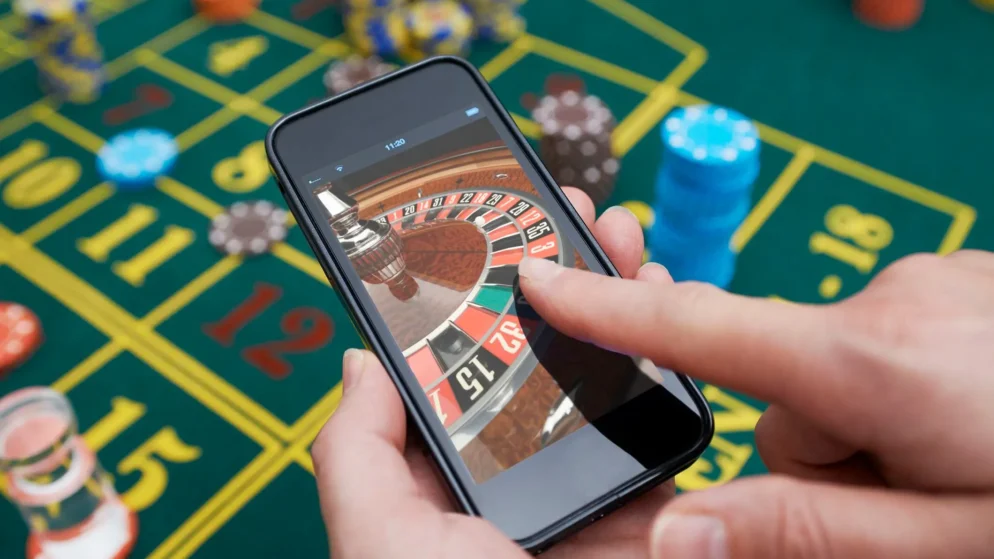

New Jersey – A number of top executives in the gambling industry have shared their opinions pertaining to the future of gambling, and majority of them acknowledge that going online is the way.
During the SBC Summit North America, a major gambling industry conference, industry executives acknowledged that all signs and developments in technology and the market all point to the eventuality of gambling going online.
Elizabeth Suever, vice president of Bally’s Corporation, noted that most gaming has been happening on the phones of their market, especially for millennials in today’s environment who are typically accessing and playing games on smartphones or other mobile devices.
“Once you get to millennials, people are comfortable basically running their entire life off their cell phone,” Suever added.
What has been the Impact of Online Casinos and Gambling so far?
In terms of revenue, online casinos and its various iterations have been reaping good numbers in the states that have legalized them.
FanDuel Senior Director Cesar Fernandez stated that online casino games should prove increasingly attractive as federal post-pandemic aid dries up and states look for new revenue without raising taxes on their residents.
“Since 2018, FanDuel has paid $3.2 billion in taxes,” he said. “That’s a lot of teacher salaries, a lot of police officers and firefighters.” added Fernandez.
Deutsche Bank also issued a research note saying it is likely a matter of “when, not if” revenue accrued from online gambling in Atlantic City overtakes the revenue of physical casinos.
However, while the prospect of gaining revenue from online casinos seems to be one of the strongest points its advocates profess, more established brick and mortar casino operators are concerned about the potential negative impact online casinos have on their business.
Namely, the issue of cannibalization of online casinos over their physical counterparts. Cordish Gaming President Rob Norton is one of the strongest believers that online gambling is hurting established physical casinos. Norton added that once online sports betting began in Maryland, in-person sports betting revenue in the company’s Maryland Live! casino declined by 65% “and has stayed there.”
“There has been a decrease of about 7,000 people a day entering the physical casino since mobile sports betting began,” Norton said.
Of course, those who support the online casino movement see the current gambling environment differently. Adam Glass, an executive with Rush Street Interactive, an online gambling company, said his firm has relationships with physical casinos as well, and works hard to be “additive” to them.
He noted that online gambling can also be a job creator, not only designing and operating the games themselves, but also in ancillary industries like marketing and media. Online casinos can be seen as assets or tools to introduce their company’s games and reach out to a market that is steadily veering into the digital realm where they use the screens on their phones and devices when seeking entertainment
Ouincy Raven, U.S. managing director of NeoGames Group, a technology platform company recently acquired by Aristocrat Leisure Limited, said that giving the customer what they want is not cannibalization, but rather, it is a successful business model for any one company that takes market share from a rival.
“That’s not cannibalization; it’s just competition,” he said.
What Does This Mean to the Online Casino Industry in the US?
Given that there is still a clear line between those who see the benefits of online casinos and those who are apprehensive about its potential repercussions to the physical casinos, both sides do note that the road to legalizing online casino gaming continues to be an uphill battle.
Among the fifty states in the US, only seven of them have legalized online casinos. Meanwhile, Washington D.C. and 38 other states offer legal sports betting. An overwhelming majority of sports betting in these states is done online, mostly through smartphones.
West Virginia legislator Shawn Fluharty stated that back in 2018 when the U.S. Supreme Court cleared the way for any U.S. state to offer legal sports betting, such bets “took off like a rocket,”.
“Many people thought i-gaming would follow suit… That has not taken place,” Fluharty noted.
Brandt Iden, a vice president with Fanatics Betting & Gaming, noted that legalizing online casinos has been a challenging one. He also stated that I-gaming is paramount and that going online is the direction the industry needs to go to be successful, and this is where consumers want it to go.
Iden also noted that the industry cites several challenges to wider approval of internet casino gambling, including fears of increasing gambling addiction by “putting a slot machine in people’s pocket,”. He also mentioned that casino companies need to do a better job of publicizing player protections the online companies offer.











